Dear EarthTalk: Is there scientific basis to the assertion that global warming is affecting our ability to make decisions and lowering our collective intelligence? — P.D., Sacramento, Calif.
As we continue to pump carbon dioxide (CO2) and other greenhouse gases into the atmosphere and the climate warms around the world, it’s not only our health and the environment that we have to worry about. A handful of recent studies conclude that a warmer world with higher CO2 concentrations in the air we breathe is likely to make us less intelligent.
To wit, a recent study on “Heat and Learning” from the American Economic Association assessing test scores of some 12,000 school-age kids across the U.S. over a seven-year timespan found that in years with more hot days than normal, average test scores declined across the board, signaling a correlation between hot weather and the ability to concentrate and learn.
Meanwhile, a 2018 study by researchers from the Yale School of Public Health found that air pollution itself has a hugely negative effect on human cognition. Yet another recent study found that humans exposed to high concentrations of atmospheric CO2 (1,000 parts per million) exhibit a 21% reduction in overall cognitive abilities.
At our current rate of output, atmosphere carbon levels will likely surpass 1,000 ppm by the end of the century. The upshot of such atmospheric conditions, as reported by James Bridle in his book New Dark Age, could be a 25% reduction in human decision-making ability as well as a 50% drop in more complex human strategic thinking abilities by 2100.
Rather than letting society fall into a downward spiral, we must step into our critical roles as deciders of both our environment’s and our civilization’s fate. Scientists have found clear connections between heat and political unrest, so turn these new warmths into an opportunity to get out and make a change.
Whether through protesting or striking, we need to speak our voice and stand together for a brighter future — both metaphorically and literally.
EarthTalk® is produced by Roddy Scheer & Doug Moss for the 501(c)3 nonprofit EarthTalk. See more at https://emagazine.com. Send questions to question@earthtalk.org.
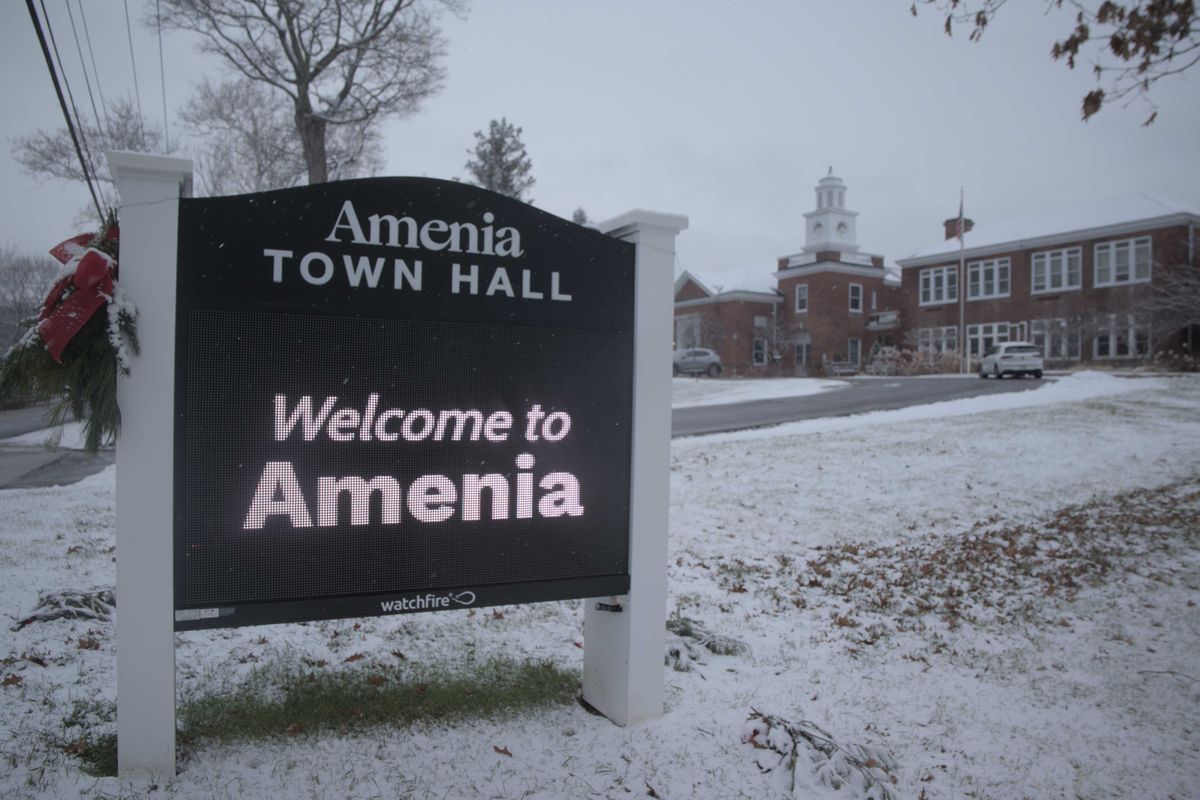
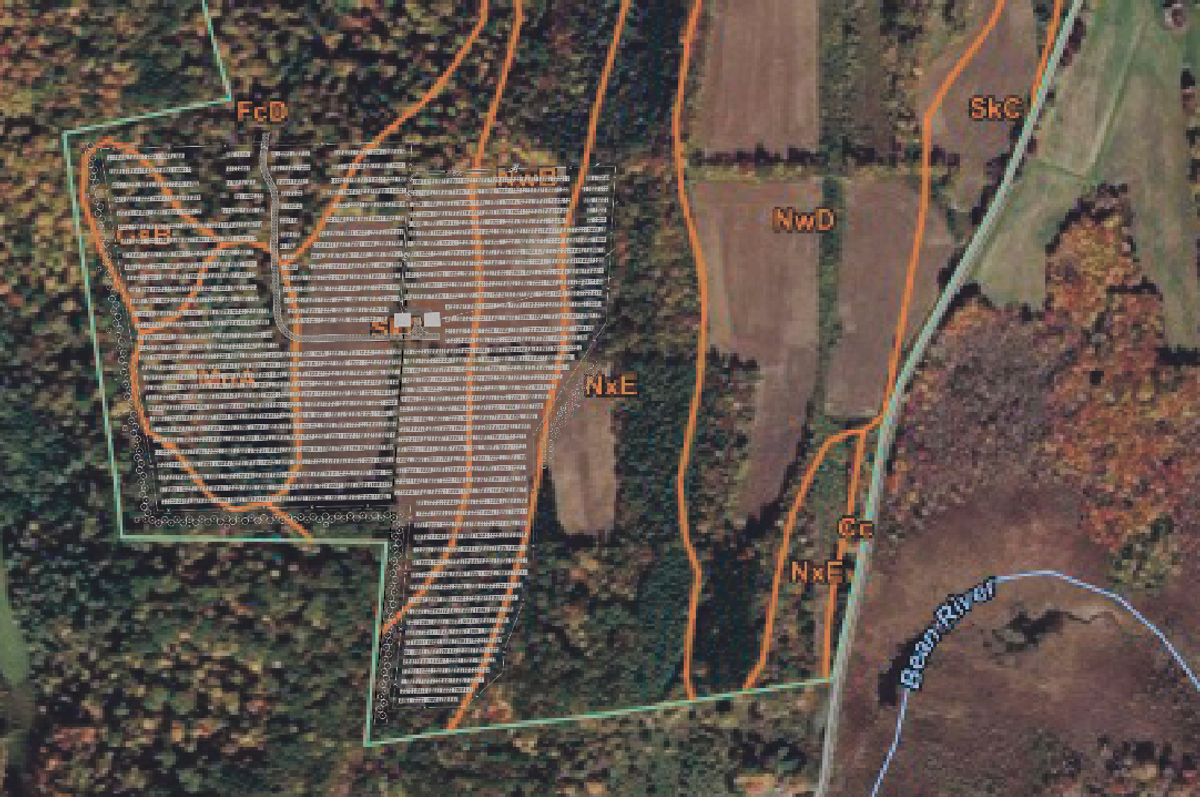
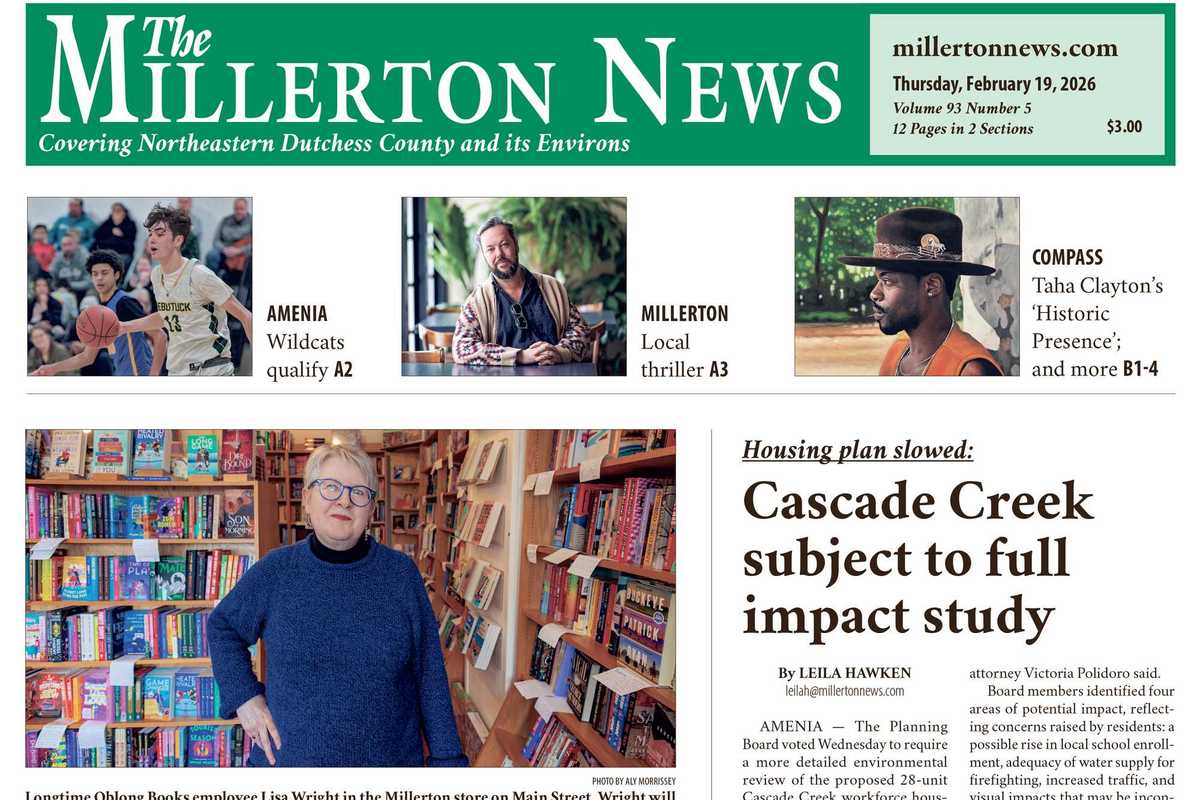





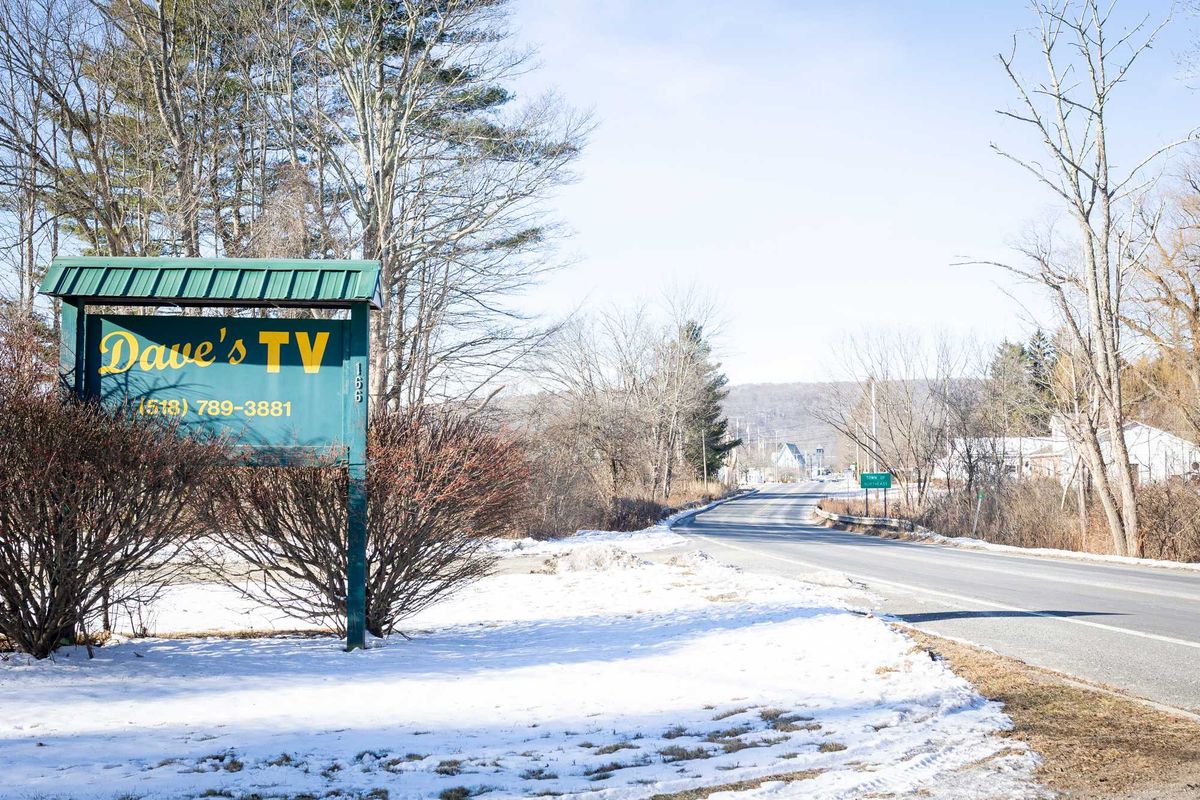



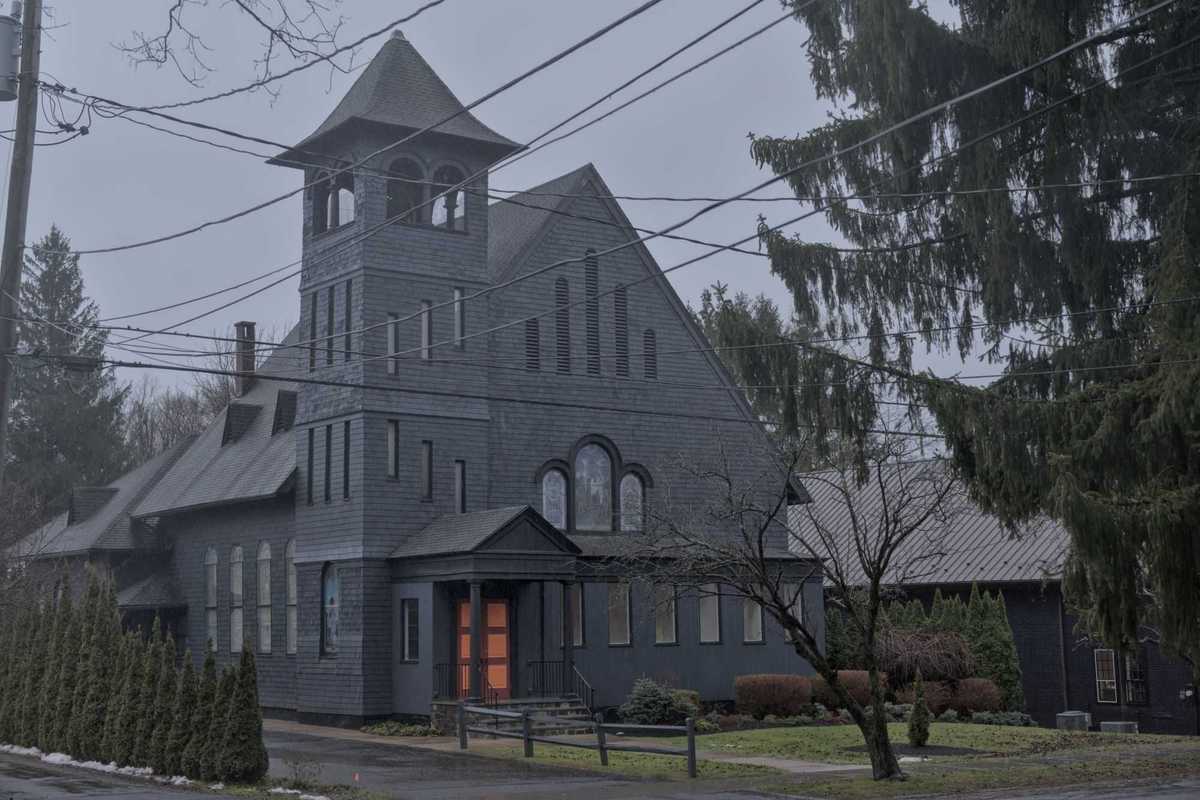






EarthTalk